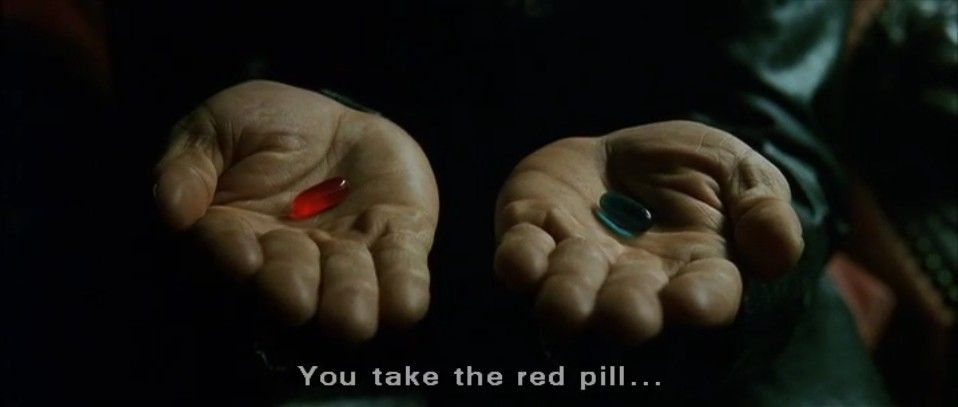Where is the proof that sony fanbase stays aways from kids games ?
Also we have more variety than before when it comes to games .
The problem is the variety is not in the retail space .
Which is to be expected no one is going to bring out certain games in the retail space anymore .
Also i read you post but man it was hard to read .
There other things i disagree with but that for another time .
oh, just going back through recent results and finding the trend in what sells best where:
september 2015:
Disney Infinity 3.0 (360, Wii U, Xbox One, PS4, PS3)
Minecraft (360, PS3, Xbox One, PS4)
august 2015:
Minecraft (360, PS3, Xbox One, PS4)
Lego: Jurassic World (360, 3DS, Wii U, PS3, Xbox One, PS4, Vita)
july 2015:
Lego: Jurassic World (360, 3DS, PS3, Xbox One, Wii U, PS4, Vita)
Minecraft (360, PS3, Xbox One, PS4)
june 2015:
Lego: Jurassic World (360, Xbox One, PS4, PS3, 3DS, Wii U, Vita)
may 2015:
Minecraft (360, PS3, Xbox One, PS4)
april 2015:
Minecraft (360, PS3, Xbox One, PS4)
march 2015:
Minecraft (360, PS3, Xbox One, PS4)
february 2015:
Minecraft (360, PS3, Xbox One, PS4)
january 2015:
Minecraft (360, PS3, Xbox One, PS4)
december 2014:
Minecraft (360, PS3, Xbox One, PS4)
october 2014:
Skylanders: Trap Team (360, Wii, Wii U, PS3, Xbox One, PS4, 3DS, mobile)
Minecraft (360, PS3, PS4)
september 2014:
Disney Infinity 2.0 (360, PS3, NWU, PS4, XBO)
august 2014:
Lego Marvel Super Heroes (360, PS3, Wii U, PS4, 3DS, DS, Xbox One, Vita, PC)
The Lego Movie Videogame (360, 3DS, PS3, Wii U, PS4, Xbox One, Vita)
july 2014:
Lego Marvel Super Heroes (360, PS3, 3DS, DS, PS4, Wii U, Xbox One, Vita, PC)
april 2014:
Lego The Hobbit (360, PS3, Xbox One, PS4, 3DS, NWU, PSV)
The Lego Movie Videogame (360, 3DS, PS3, Wii U, Xbox One, PS4, Vita)
Lego Marvel Super Heroes (360, PS3, NDS, 3DS, PS4, NWU, Xbox One, Vita, PC)
march 2014:
The Lego Movie Videogame (360, PS3, 3DS, Wii U, Xbox One, PS4, Vita)
february 2014:
The Lego Movie Videogame (360, PS3, 3DS, Wii U, Xbox One, PS4, Vita)
january 2014:
Lego Marvel Super Heroes (360, Xbox One, PS3, PS4, 3DS, NWU, Vita, PC)
december 2013:
Lego Marvel Super Heroes (360, PS3, 3DS, Xbox One, PS4, NWU, Vita, PC)
Skylanders SWAP Force (Wii, 360, PS3, NWU, 3DS, XBO, PS4)
november 2013:
Skylanders SWAP Force (Wii, 360, PS3, NWU, 3DS, XBO, PS4)
the 360 or wii were the best in their weight class since there were more of them than any other platform and families like to get inexpensive platforms since there won't be a ton of games bought for their kids. the newer platforms are decided on how the userbase was grown.
this is on top of no real verifiable success in this kind of game for the ps4 or really any sony system outside of knack and i guess minecraft ps3 for the last two or three years. lbp3 underperformed, everything on vita bombed, tearaway ps4 bombed, sly 4 underperformed, puppeteer bombed, etc.



